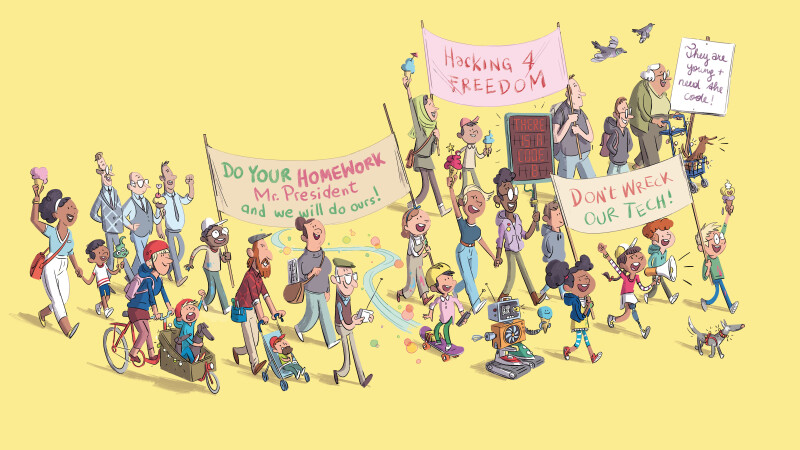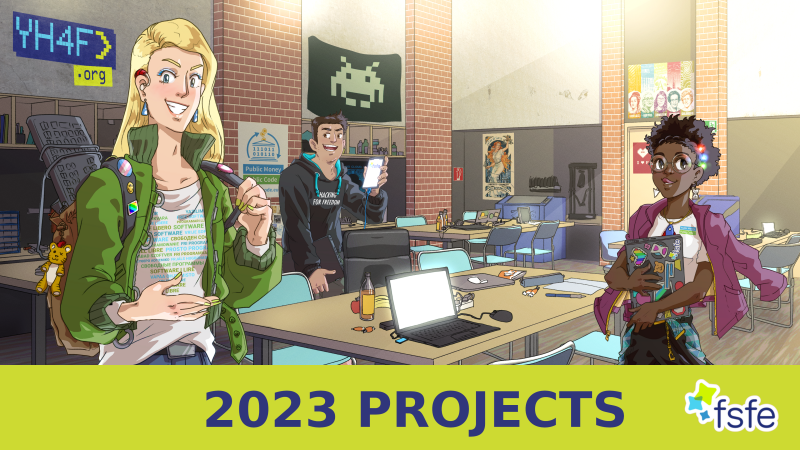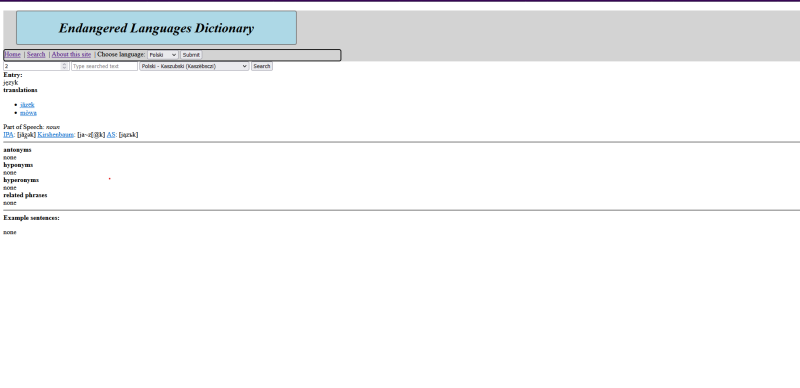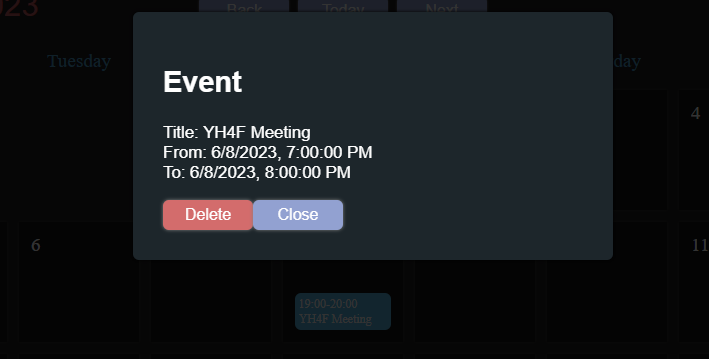Ada goes to the set: let’s make an animated movie
mercredi 15 mai 2024 à 01:00Ada goes to the set: let’s make an animated movie
What do a Prime Minister, an MIT professor, and a child from Rajasthan have in common? They, along with other public figures and thousands of children, love the illustrated book 'Ada & Zangemann: A Tale of Software, Skateboards, and Raspberry Ice Cream'. Ada has already made it into homes and libraries around the world, and now she needs your help to reach even more kids! Help us make a film of this story to spark more kids’ interest in coding and tinkering!

'Ada & Zangemann: A Tale of Software, Skateboards, and Raspberry Ice Cream', tells the story of the famous inventor Zangemann and the girl Ada, a curious tinkerer. Ada begins to experiment with hardware and software, and in the process realises how crucial it is for her and others to control technology.
"A brilliantly illustrated journey of discovery and resilience that will inspire any young mind to embrace their curiosity and create with technology." - Zach Latta, Founder of Hack ClubThe story has been translated into several languages and reached thousands of children and adults through public readings. Now, we want to go one step further and create a 30 minute movie about Ada’s story! This movie, released as an Open Educational Resource, will be a tool to encourage more children, especially girls, to tinker and learn how to code, while fostering inclusiveness and accessibility. Help us to achieve this goal!.
"I like how [the story] makes a positive statement that girls can code and use computers." - Child Reviewer, PurdueGirls have often been discouraged from getting involved in technology and becoming tinkerers and coders, which has led to technology being largely designed by men for men. Ada shows girls and young women that they can shape technology for the future they want.
"The license choice also favors translations of the work, which gave me the idea of a collaborative educational project for its French translation." - Alexis Kauffmann, Project manager, French Ministry of Education and YouthThanks to our volunteers and the FSFE’s supporters the story is already available in 9 languages and we are working on more. More than 18,000 copies of Ada’s story have found their way into the hands of kids around the world, and we have been able to reach more than 1,400 children with readings, follow-up discussions, and workshops.
"A wonderfully entertaining read with an empowering message for younger generations, one which will shape our world and the way we live in it." - Kaye Fogarty, teacher from a school in Marbella who did a reading with her studentsYour contribution will help us to work on the 2D animated version of the book to reach an even wider audience so more children, especially girls, can hear and watch this story that encourages curiosity and tinkering. Everyone will be able to download and share it, use it in schools, and integrate it with other educational material, making a difference to the quality of IT education that is so vital for young people in our digital society.
"This modern tale is a superb parable, and a perfect illustration of the need for digital freedoms in our daily lives. The tone is positive, laughing, and optimistic for the future, so that new generations will be stronger than we have been." JB Kempf, President, VideoLANYour support will make a difference!. It will help us to create this movie but also to continue to spread the story of Ada through readings in different languages, and to encourage others to do so!
"This book is exactly what I want to pass on to my children!." - Canelle A., 18-year-old student translator in a Parisian high school
 The Berlin group of the FSFE participated in the 2024 edition of the
Umweltsfestival (Environmental Festival) together with Bits&Bäume
Berlin and KDE Eco. Our volunteers explained to festival attendees the
sustainable use of computers with Free Software as well as other FSFE
initiatives such as Public Money, Public Code and
even answered questions about the Fediverse.
The Berlin group of the FSFE participated in the 2024 edition of the
Umweltsfestival (Environmental Festival) together with Bits&Bäume
Berlin and KDE Eco. Our volunteers explained to festival attendees the
sustainable use of computers with Free Software as well as other FSFE
initiatives such as Public Money, Public Code and
even answered questions about the Fediverse.


 The landing page of the Endangered Languages Dictionary
The landing page of the Endangered Languages Dictionary
 The main page of Plan2Go with example events
The main page of Plan2Go with example events
 Plan2Go example event details window
Plan2Go example event details window
